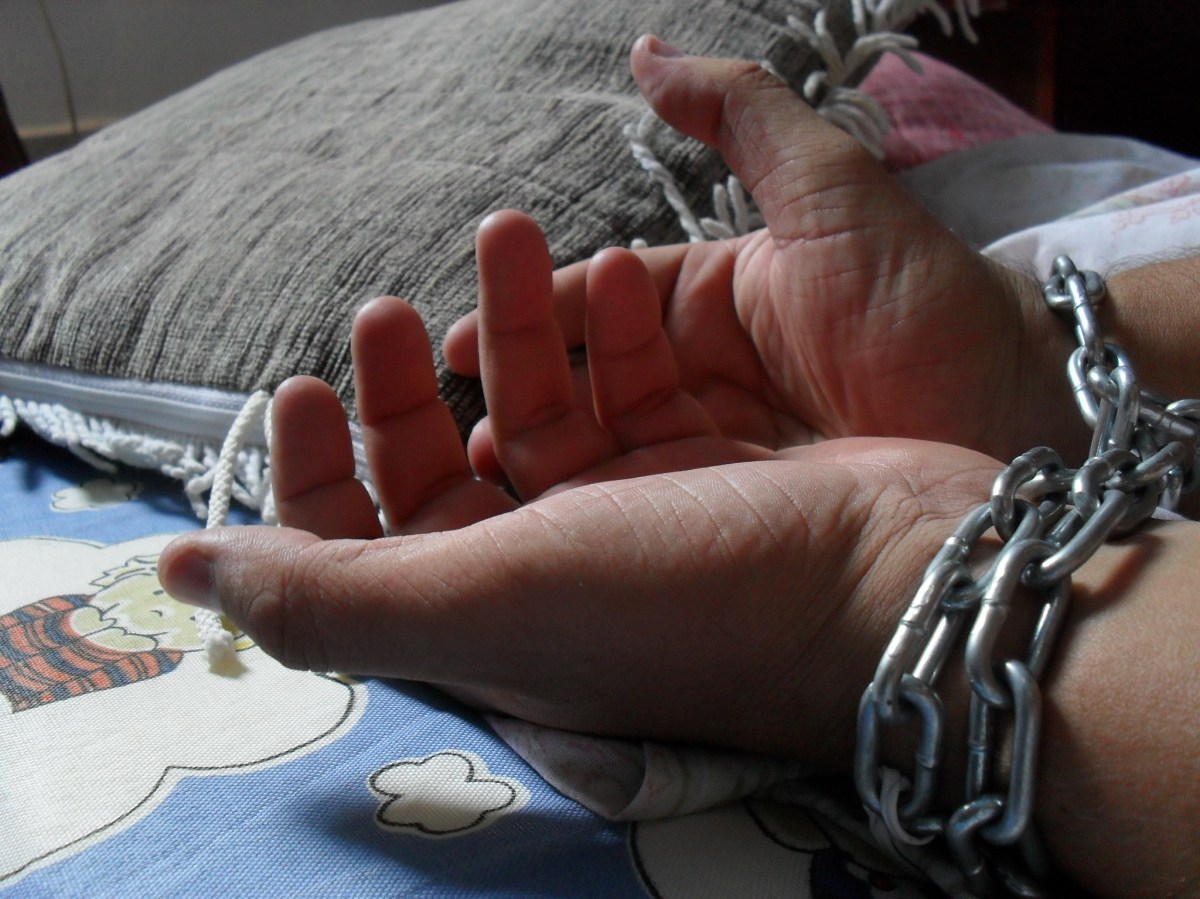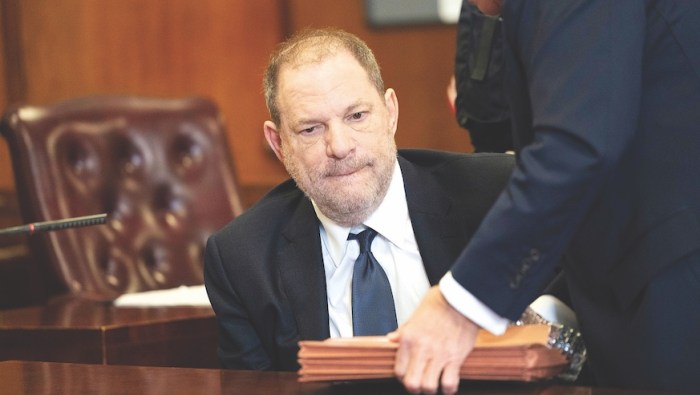Sex trafficking is a lot more prevalent in Massachusetts than many think, and Attorney General Maura Healey wants to start cracking down.
Officials estimate that one in five Massachusetts men have tried — at least once — to buy sex online.
Every day in Boston there are over 9,000 web searches to purchase sex. More than 20,000 ads selling sexual services in the Greater Boston area are posted on pages like backpage.com every month.
“People don’t understand I think, or appreciate enough that human trafficking, first of all, is real, that it’s happening in our communities. Second, that it’s not a victimless crime,” Attorney General Maura Healey said Tuesday on Boston Public Radio. “There’s another human being at the end of that transaction who is a victim, who is being exploited.” It’s a sentiment the attorney general hopes to change, and backed by a division of her office focused on human trafficking crimes, she’s making progress.
Last week’s takedown of two sex trafficking rings in central Massachusetts freed 10 women from sexual slavery, but there are hundreds, if not thousands, more still being exploited across the state, Healey said. RELATED:5 Massachusetts massage parlors busted for sex trafficking: State police Victims are primarily young women. In Boston, the most frequent age of entry into prostitution is 14 years old, according the AG’s office.
Boston’s sex trafficking problem isn’t any better or worse than other cities its size, but the problem as a whole claims thousands of victims every year.
Up to 17,500 people are trafficked into the U.S. each year. Human trafficking is the third largest international crime industry after drugs and guns. It reportedly generates a profit of$32 billiona year, about half of which is earned in industrialized nations. As the Internet has permeated society, prostitution has moved off the streets and onto dark web forums, where it has flourished, explained Angie Bayless, director of CEASE Arizona, an anti-trafficking group. But over the past two to three years, anti-trafficking advocates have realized the same tools that have allowed the underground industry to thrive, might help them take it down.
Teaming with the Cambridge-based organization Demand Abolition, activists are using online tactics and web analytics to undermine sex traffickers and expose “johns,” the people who buy sex.
“It’s a new way of looking at the problem and we’ve had a lot of success in a short amount of time,” Bayless said.
By tracking statistics, posting fake ads and reaching out to buyers at the point of sale, Bayless said, they’re starting to see a dip in searches across the board.
“It’s economics 101: by going after buyers we will then reduce the need for the supply,” Dhakir Warren of Demand Abolition said.
AG: Time to crack down on sex trafficking

Flickr















